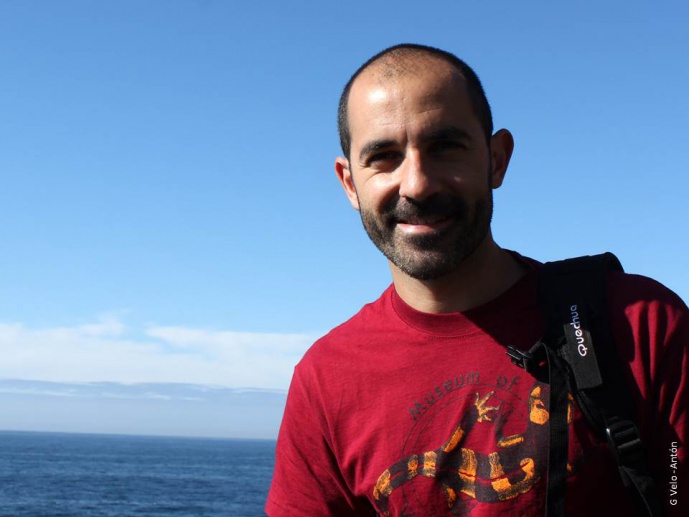Guillermo Velo-Antón
Collaborator
I completed my Ph.D. studies at the University of Vigo (Spain) in 2008, and a two years post-doctoral research at Cornell University (USA) in 2010 before moving to CIBIO-InBIO (Portugal) in 2011.
During my Ph.D. studies I have been working in several projects dealing with evolutionary, phylogeographic and population genetic studies of amphibians and reptiles. In particular, I led two research lines that involved studying:1) the evolutionary transition of reproductive mode from ovoviviviparity to viviparity within the fire salamander, Salamandra salamandra, on two Holocene island populations in NW Iberia, and 2) the conservation genetic status of the European pond turtle, Emys orbicularis, across its Iberian range. As a postdoctoral researcher I worked on the biogeographic and diversification processes of a Mexican endemic montane salamander, Pseudoeurycea leprosa, and identified the spread of the amphibian-killing fungus, Batrachochytrium dendrobatidis, from North to Central American populations.
My current research at CIBIO-InBIO, as a post-doctoral researcher, combines molecular and spatial tools in the fields of evolutionary biology, biogeography and conservation biology.
I am extending my previous Ph.D. work incorporating integrative tools to address unresolved questions, and beginning new projects on North African vertebrates under the BIODESERTS scope. Current ongoing projects focus on:
i) the use of integrative analyses and fine scale geographic sampling to understand how the landscape and environmental features influence the distribution of genetic variability, microevolutionary changes, genetic structure patterns and processes of gene flow within and among populations;
ii) studying recently isolated populations (Holocene off-shore islands in NW Iberia and Mountain Sky-Islands in the Sahara) to understand to what extent recent geographic isolation and local adaptation to isolated environments shape genetic, ecologic and phenotypic variation;
iii) the combination of phylogeographic and ecological niche modelling analysis to better understand species’ evolutionary histories, genetic diversification patterns and define lineages’ boundaries.
I work in collaboration with members of the BIODESERTS group and benefit from the work being done by the group in the Iberian Peninsula and Sahara/Sahel, as well as maintain international collaborations with researchers involved in ongoing projects.

